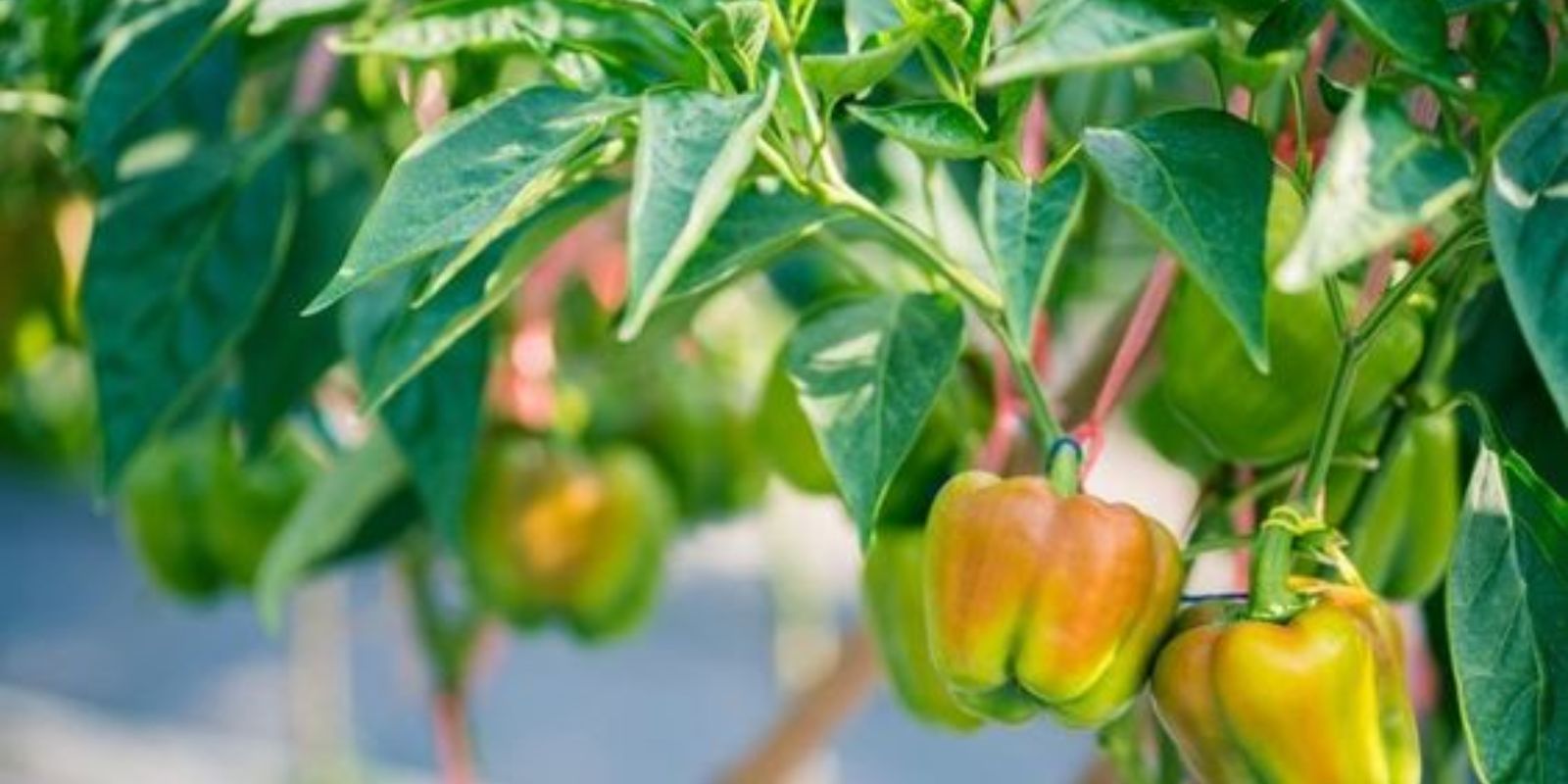When it comes to cultivating a thriving vegetable garden, certain practices can make all the difference between a bountiful harvest and a disappointing yield. Among the most crucial steps is preparing your soil adequately before planting. For crops like tomatoes, peppers, and cucumbers, incorporating a key ingredient into your soil preparation can significantly enhance plant health and productivity. This ingredient is none other than high-quality compost or well-rotted manure. In this article, we’ll explore why this addition is essential and how to effectively incorporate it into your gardening routine.
The Importance of Soil Preparation
Soil preparation is the foundation of successful gardening. Healthy soil provides plants with essential nutrients, proper drainage, and a stable structure to support their roots. When planting tomatoes, peppers, and cucumbers, it’s not just about adding any soil amendment; the quality and type of amendment matter significantly. High-quality compost or well-rotted manure are among the best choices for improving soil health. Here’s why:
- Nutrient Enrichment: Compost and manure are rich in organic matter and nutrients, including nitrogen, phosphorus, and potassium, which are crucial for plant growth. These nutrients support robust foliage, strong root systems, and abundant fruit production.
- Soil Structure Improvement: Organic matter from compost and manure improves soil texture, enhancing its ability to retain moisture and drain excess water. This helps prevent root rot and provides a stable environment for plant roots.
- Beneficial Microorganisms: Compost and manure introduce beneficial microorganisms into the soil. These microbes help break down organic matter, release nutrients, and improve soil fertility over time.
- pH Balance: Compost can help buffer soil pH, creating a more balanced environment for plant roots. This is especially important for vegetables like tomatoes, peppers, and cucumbers, which thrive in slightly acidic to neutral soil.
How to Incorporate Compost or Manure
Incorporating compost or well-rotted manure into your soil is a straightforward process, but it requires some attention to detail for optimal results. Follow these steps to ensure your plants get the most benefit:
- Select High-Quality Compost or Manure:
- Compost: Choose well-aged compost that is dark, crumbly, and has an earthy smell. Avoid compost with large, undecomposed chunks or a sour odor.
- Manure: Use well-rotted manure from herbivores like cows, horses, or chickens. Fresh manure can be too high in nitrogen and may burn plant roots.
- Prepare the Soil:
- Timing: Ideally, incorporate compost or manure into the soil a few weeks before planting. This allows time for the organic matter to integrate into the soil and begin breaking down.
- Application Rate: Spread a layer of compost or manure approximately 2-4 inches thick over the soil surface. For well-rotted manure, use about 1-2 inches.
- Incorporate Into the Soil:
- Tilling: Use a garden fork or rototiller to mix the compost or manure into the top 6-8 inches of soil. Ensure even distribution to maximize the benefits.
- No-Till Option: For no-till gardens, simply spread the compost or manure on top of the soil and let it decompose naturally over time. This method helps maintain soil structure and prevent erosion.
- Adjust Soil as Needed:
- pH Testing: Test your soil’s pH to ensure it falls within the ideal range for tomatoes, peppers, and cucumbers (6.0 to 7.0). Amend the soil with lime or sulfur if necessary to adjust pH levels.
- Planting:
- Transplanting: When transplanting seedlings, dig a hole and mix a handful of compost into the planting hole. This gives the young plants an initial boost of nutrients.
- Direct Seeding: If direct seeding, incorporate compost into the soil before planting seeds to provide a nutrient-rich environment from the start.
Benefits Beyond Soil Health
The benefits of using compost or manure extend beyond soil health. By improving soil quality, you’re setting up your plants for success in several ways:
- Enhanced Growth: Nutrient-rich soil supports stronger, faster-growing plants. You’ll notice more vigorous foliage, healthier stems, and larger, more productive fruit.
- Disease Resistance: Healthier plants are more resistant to diseases and pests. Well-amended soil can help reduce the likelihood of common issues like blossom end rot in tomatoes or powdery mildew on cucumbers.
- Increased Yield: With optimal soil conditions, plants can reach their full potential, leading to a higher yield of fruits and vegetables. This means more produce to enjoy and share with others.
- Sustainability: Using compost and manure reduces the need for synthetic fertilizers, making your gardening practices more environmentally friendly and sustainable.
Additional Tips for Successful Gardening
To make the most of your soil amendments and ensure a successful harvest, consider these additional tips:
- Regular Feeding: Continue to feed your plants with compost or organic fertilizers throughout the growing season to maintain soil fertility and plant health.
- Mulching: Apply a layer of organic mulch around your plants to help retain soil moisture, suppress weeds, and gradually add nutrients to the soil.
- Watering: Ensure consistent watering to keep the soil evenly moist. Overwatering or underwatering can affect plant health and nutrient uptake.
Conclusion
Incorporating high-quality compost or well-rotted manure into your soil preparation is a crucial step for growing healthy and productive tomatoes, peppers, and cucumbers. This simple yet effective practice enriches the soil, supports robust plant growth, and enhances your overall gardening success. By following the steps outlined and maintaining good gardening practices, you can enjoy a flourishing garden and a bountiful harvest.
Ready to transform your garden? Share your experiences, ask questions, or discuss your favorite soil amendments below! Let’s cultivate our gardens with care and reap the rewards of vibrant, thriving plants. 🌿🍅🥒🫑

